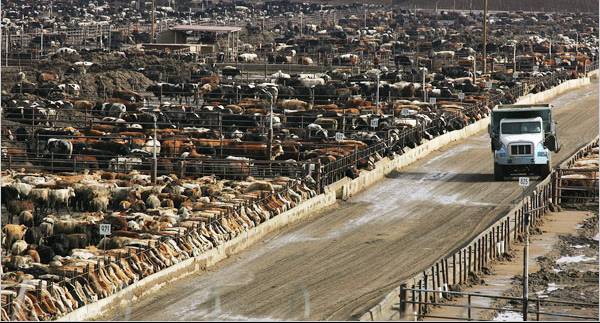I thought that the name of the game was to produce a fuel that can be used in an internal reciprocating combustion engine.
Henry Ford did that around the turn of the previous century. Most of his vehicles were dual-fuel: alcohol and gasoline. In the city, where petroleum was available, people used gasoline. When they were in the country, where most farmers made their own alcohol, they would use home brew.
My work Suburban is dual fuel as it sits in the driveway.
The current method of making ethanol from sugar- and starch-rich plants like cattails and sugar/fodder beets is still the simplest and cheapest way to go. They may find ways eventually to use cellulose, but not right now.
Keep in mind the machines that could process mesquite pods would have to be designed and built from the ground up and wouldn't likely be able to be used for any other plants.
Ummm... like that's never happened before?
People just don't realize what a powerful, compact, easy to handle energy source oil and natural gas are. Nothing else comes close to it.
Powerful, compact, easy, cheap... Of course! We've been indoctrinated to believe that everything must be easy and cheap. The be-all and end-all of our existence.
p.s. I'm also imagining huge "factory" complexes with thousands of cows caged up in rows, a tube feeding them switchgrass at one end and a methane collection unit attached to the other end. *shudder*
I guess you shouldn't look now, but they're almost there. Just replace the switchgrass with the corn they're already using:

I guess they're just looking for a cheap source of tubing from China.

And some No Smoking signs...
Sue